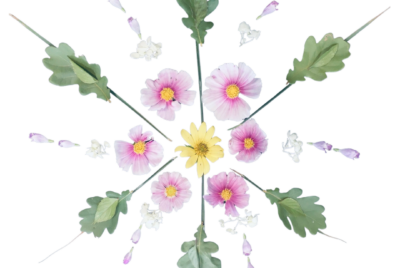RESEARCH
Exploring the Use Of Landscape To Enhance Social Interactions Among The Inmates Of Centres For Destitute Children
Summary
This study explored how gardens, green spaces, and outdoor designs can help improve social interactions and emotional well-being for children living in centers for destitute or orphaned children. These children often face emotional trauma, isolation, and limited play opportunities. The authors reviewed existing research and best practices to understand how landscape design—like playgrounds, therapeutic gardens, and shared spaces—can support children’s mental health, encourage friendships, and create a stronger sense of community within these homes. The goal was to provide practical design ideas that make these centers more welcoming, healing, and socially supportive.
The study found that outdoor spaces with natural features help reduce stress, encourage play, and boost self-esteem among destitute children. Elements like gardens, seating areas, and communal play zones give children more chances to connect with each other and feel included. Thoughtful design also allows for personal space and privacy, helping children feel safe and in control. When children are involved in gardening or outdoor activities, they feel a stronger connection to their environment and take pride in their surroundings.







